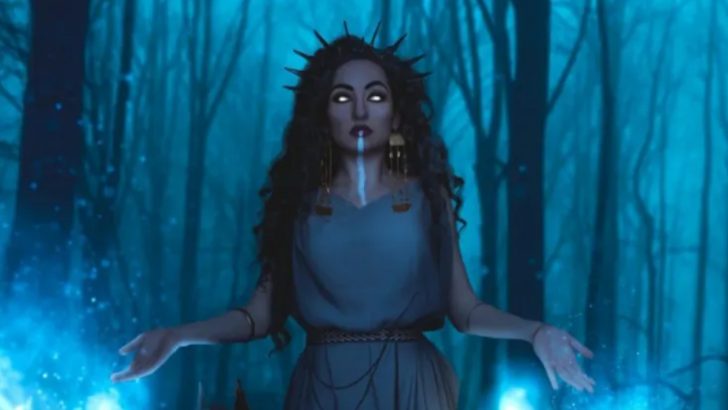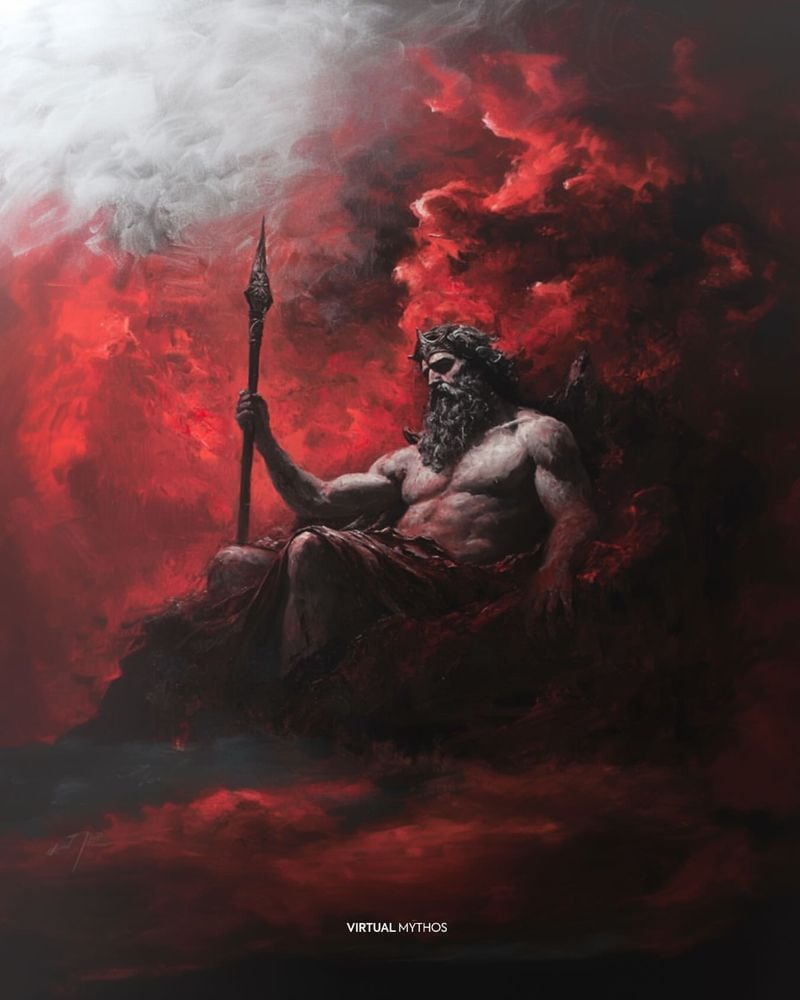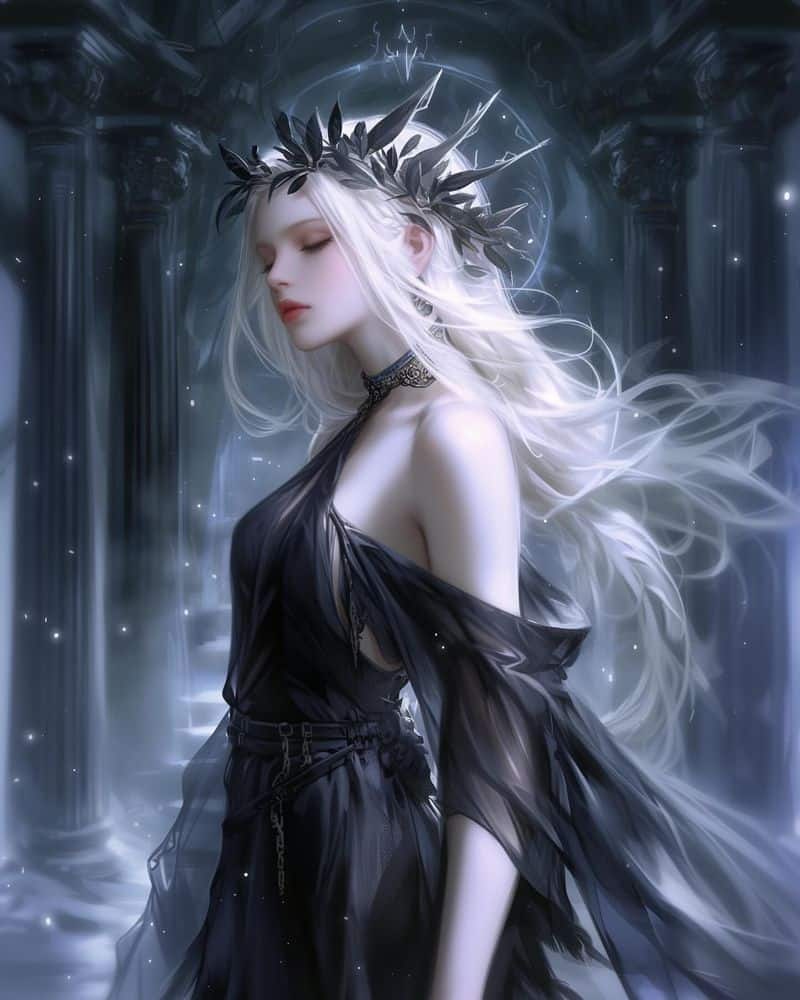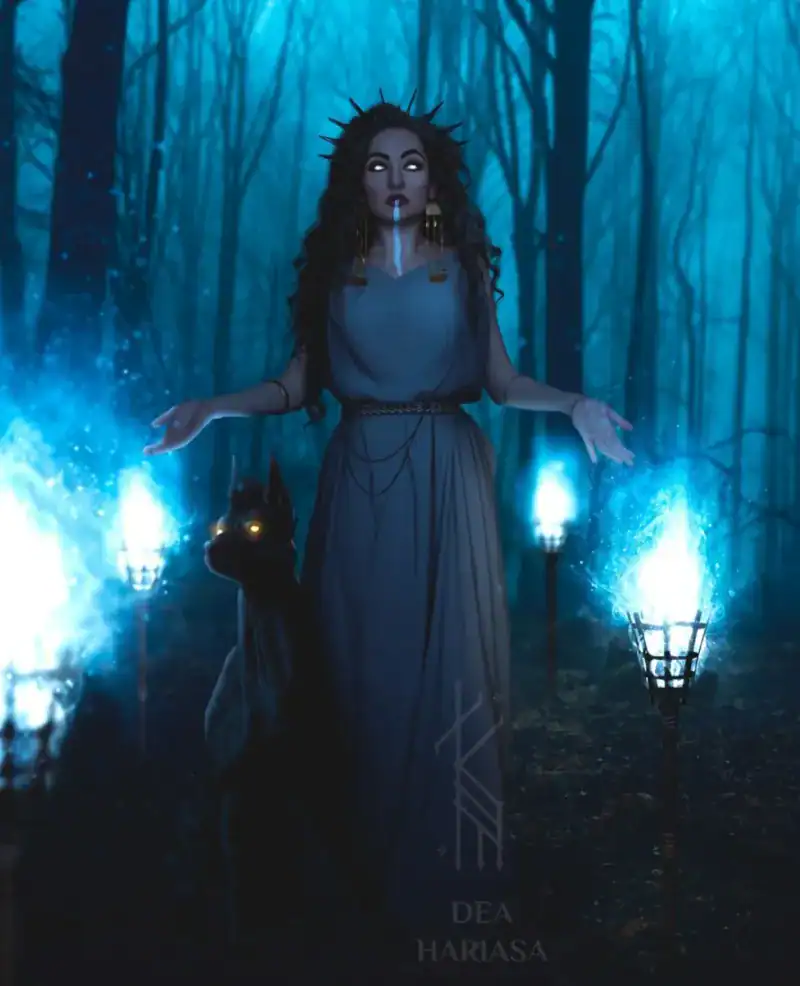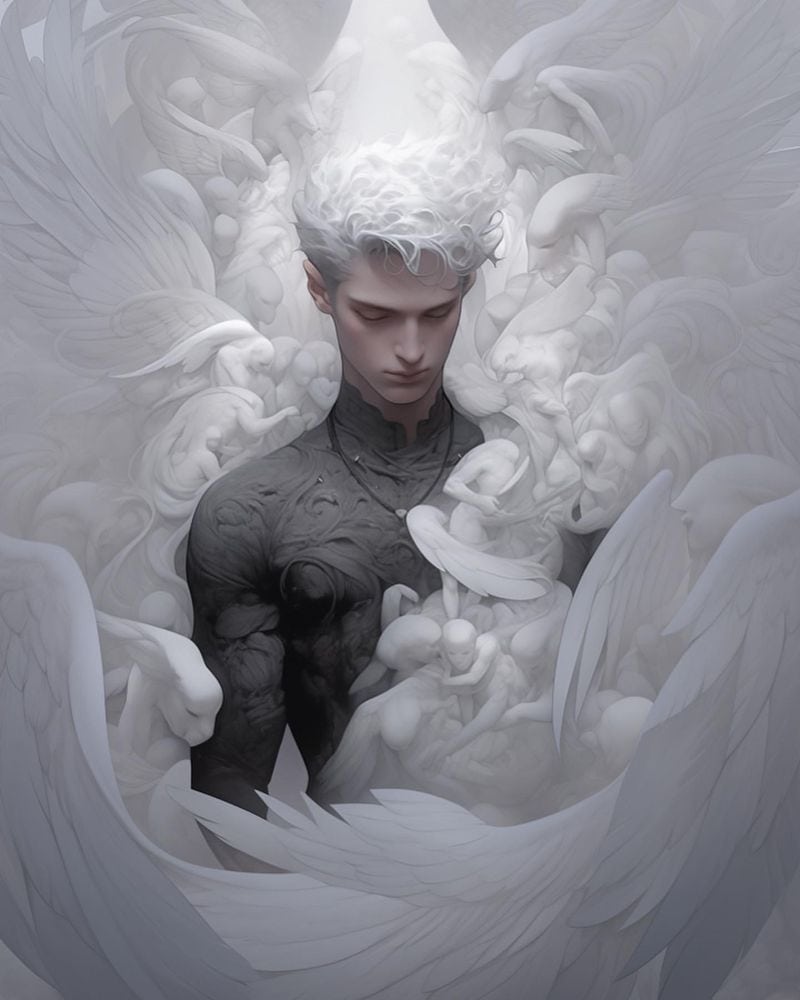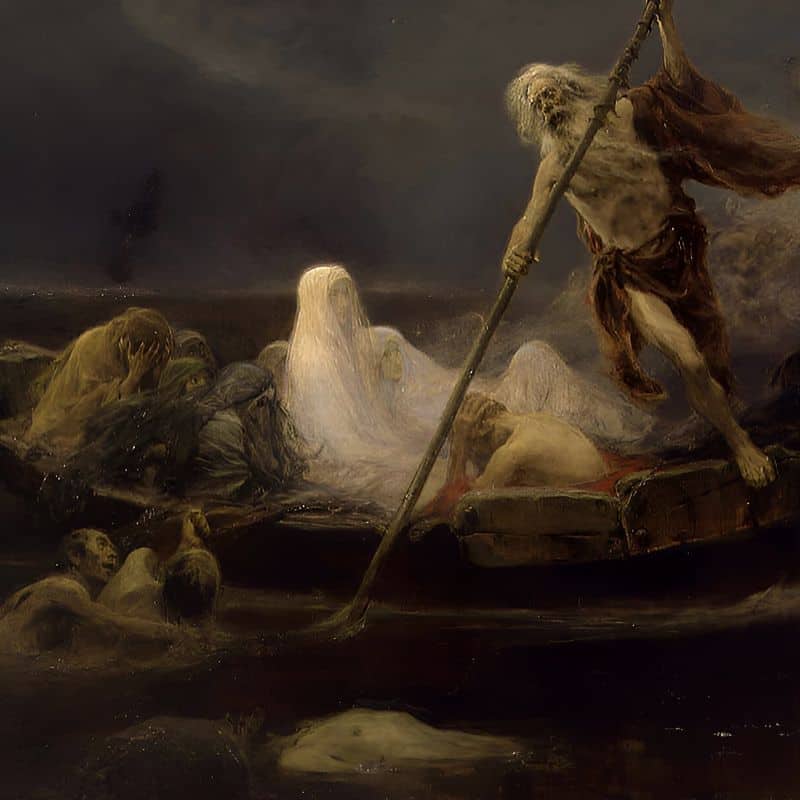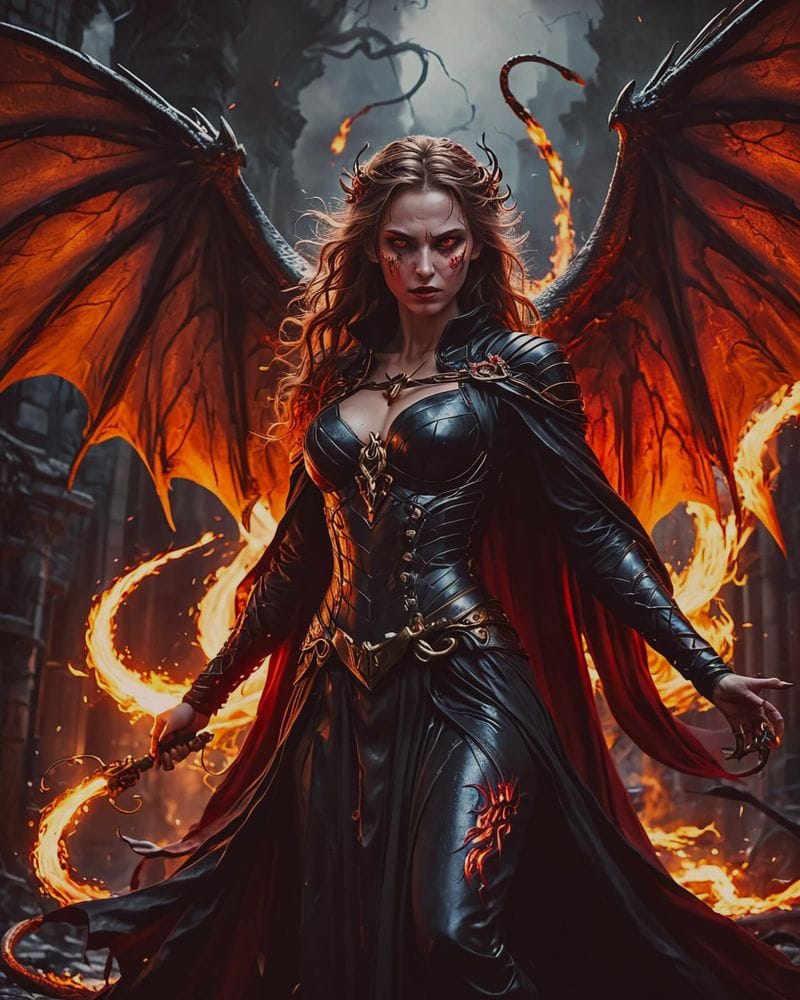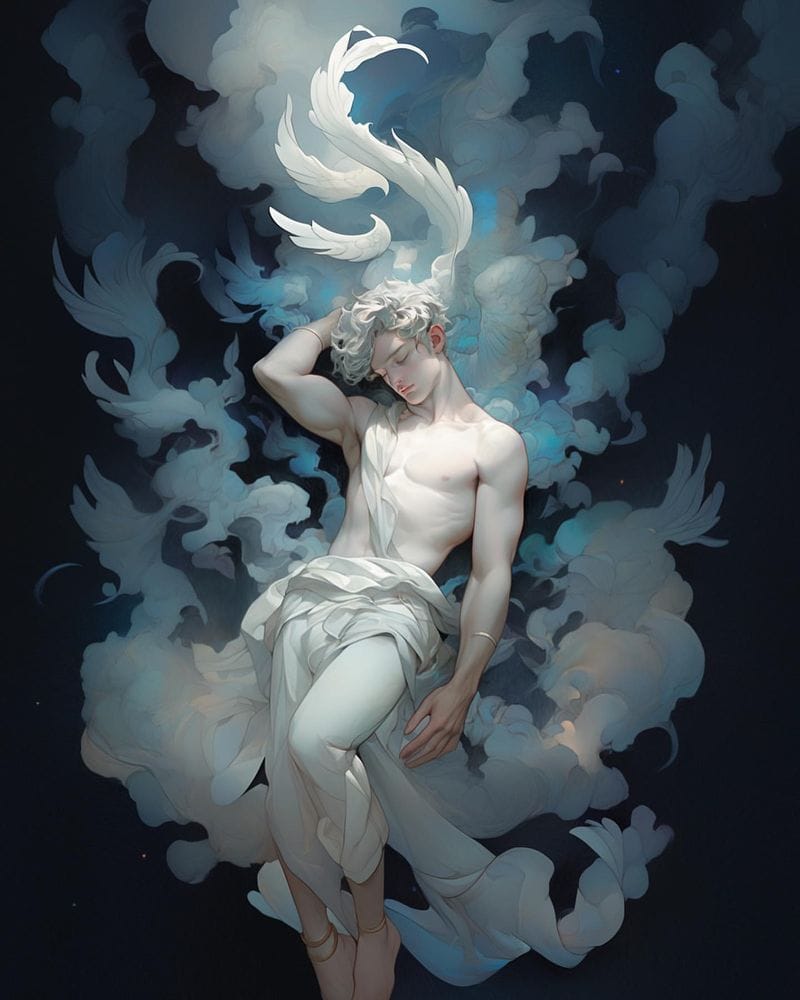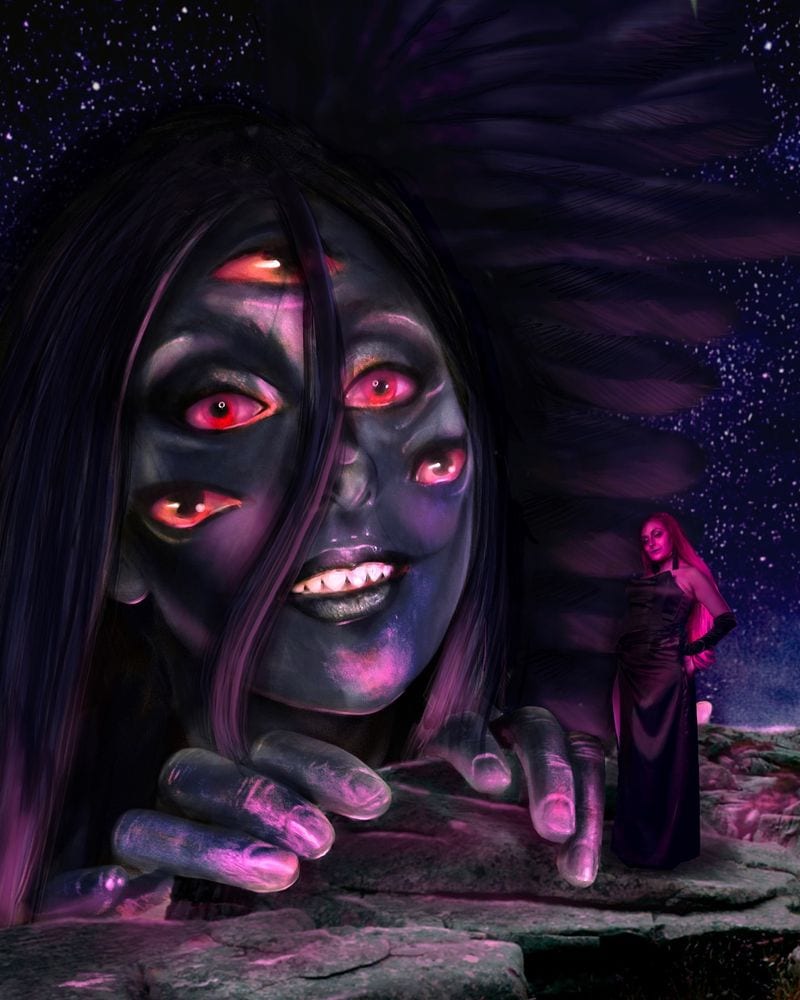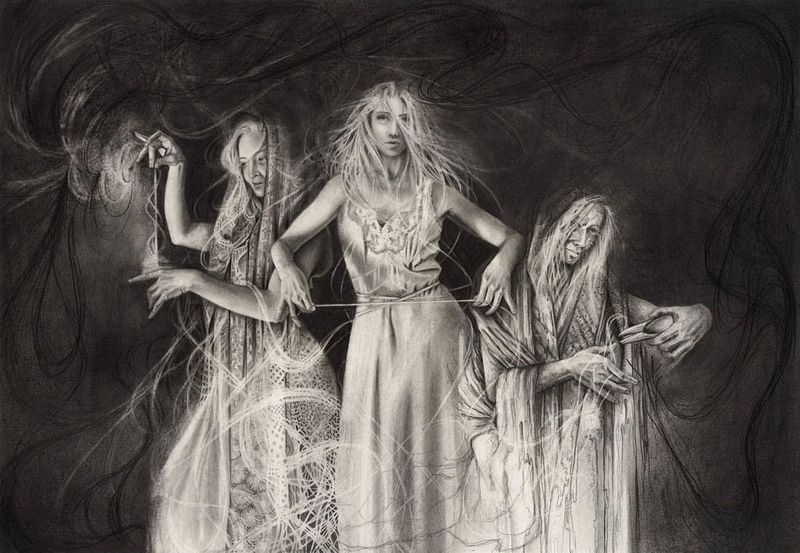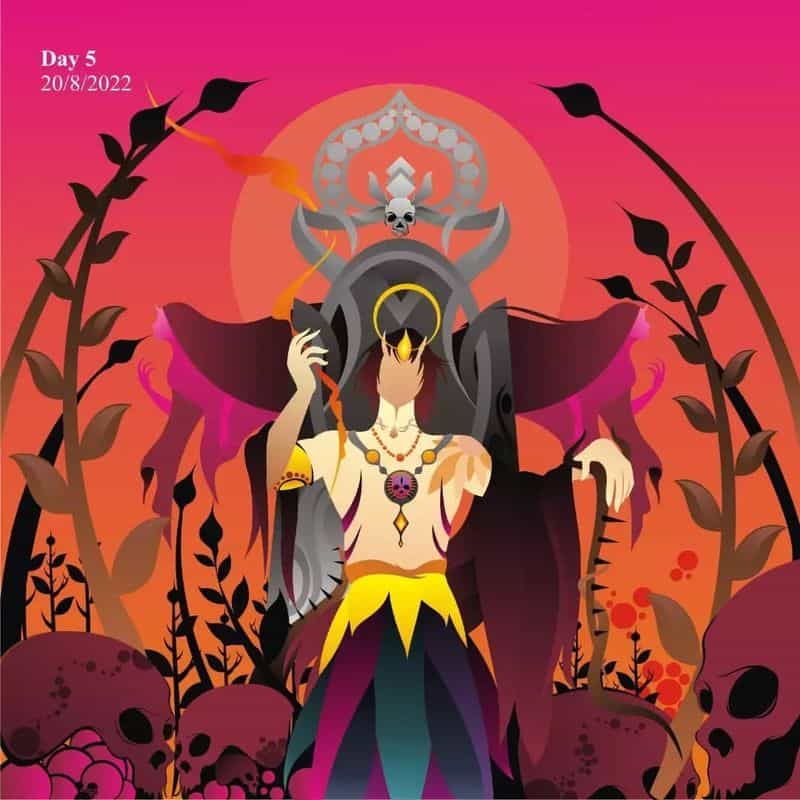The ancient Greeks believed in a mysterious realm beneath the earth where souls journeyed after death. This shadowy domain, known as the Underworld, wasn’t just a place but a complex kingdom ruled by powerful gods and goddesses.
These divine beings controlled everything from the judgment of souls to the very essence of death itself. Let’s explore the most formidable deities who governed this fascinating netherworld.
1. Hades: The Unyielding King of Shadows
Supreme ruler of the Underworld, Hades commands respect throughout the realms of the dead. Brother to Zeus and Poseidon, he received his dark kingdom during the division of the cosmos after the Titan War.
Unlike popular modern portrayals, ancient Greeks didn’t view Hades as evil, but rather as stern and unbending. His sacred symbols include the cypress tree, key, scepter, and his three-headed guard dog Cerberus.
Hades rarely left his kingdom, preferring to maintain order among the deceased. Though feared by mortals who often avoided speaking his name directly, he was considered fair in his judgments and incorruptible in his rule.
2. Persephone: The Flower Queen of Death
Snatched from sun-drenched meadows to become the reluctant bride of Hades, Persephone embodies the startling duality of life and death. Her annual journey between worlds explains the changing seasons – when she returns to her mother Demeter, spring blooms; when she descends back to the Underworld, winter arrives.
Despite her traumatic beginning, Persephone grew into her role as Queen of the Dead with remarkable strength. Many ancient cults revered her as even more terrifying than Hades himself.
Pomegranate seeds bind her to the Underworld, a reminder that even small choices can have eternal consequences. Her power extends beyond death – she also governs rebirth and renewal.
3. Hecate: Mistress of Magic and Crossroads
Torch-bearing Hecate stands at the boundaries between worlds, guiding lost souls through the veil between life and death. This ancient goddess predates even the Olympians, commanding respect from Zeus himself who granted her dominion over earth, sea, and sky.
Feared and revered for her knowledge of herbs, necromancy, and sorcery, Hecate appears at crossroads where the normal world intersects with the supernatural. Her sacred animals include black dogs, polecats, and serpents.
Triple-formed in many depictions, she represents the three phases of womanhood. Worshippers left offerings at crossroads during the darkest phase of the moon, hoping to gain her favor or avoid her wrath.
4. Thanatos: The Gentle Face of Death
Born from the primordial darkness, Thanatos embodies peaceful death rather than violence or disease. His touch releases souls from their mortal shells, a necessary transition rather than punishment.
Ancient artists portrayed him as a winged youth carrying an inverted torch representing extinguished life. Unlike the fearsome Grim Reaper of later traditions, Thanatos approached mortals with compassion when their time arrived.
Few myths feature Thanatos as a central character, though one famous tale describes how the crafty King Sisyphus once chained Death himself, temporarily preventing anyone in the world from dying. Even gods as powerful as Thanatos have their vulnerabilities.
5. Charon: The Grim Ferryman of Souls
Gaunt and unsmiling, Charon ferries newly deceased souls across the rivers separating the world of the living from the realm of the dead. This ancient psychopomp (soul guide) accepts only those properly buried with a coin placed under their tongue – his payment for safe passage.
Despite his crucial role in the afterlife journey, Charon shows little interest in the souls he transports. Neither cruel nor kind, he simply performs his eternal duty with stoic indifference.
His weathered boat has carried countless generations across the murky waters of the Styx and Acheron. Souls without proper burial rites or payment wander the shores for one hundred years before Charon finally relents to transport them.
6. The Erinyes: Vengeance Incarnate
Born from the blood of Uranus, the three Furies—Alecto (unceasing anger), Megaera (jealous rage), and Tisiphone (vengeful destruction)—pursue those who commit crimes against the natural order. These terrifying sisters specialize in punishing those who murder family members or break sacred oaths.
Their appearance alone could drive mortals mad—writhing serpents for hair, blood dripping from their eyes, and bat-like wings sprouting from their shoulders. The screeching of their whips echoes through the deepest parts of Tartarus.
Unlike many deities, the Erinyes cannot be bribed or reasoned with once they’ve identified their target. Even the Olympian gods feared their righteous wrath, as these ancient beings represented justice in its most primal form.
7. Hypnos: Master of Dreams and Slumber
Dwelling in a dark cave where night and day never penetrate, Hypnos controls the mysterious realm of sleep that mirrors death’s temporary oblivion. This gentle god soothes mortals and immortals alike with his magical touch, granting rest to weary minds.
Son of Nyx (Night) and twin brother to Thanatos (Death), Hypnos represents the thin boundary between consciousness and the void. His children, the Oneiroi, deliver dreams of various types to sleepers throughout the world.
Even mighty Zeus fell victim to Hypnos’ power when the sleep god conspired with Hera to distract the king of gods. For this transgression, Hypnos fled to the underworld, making it his permanent home where he continues his essential work away from Olympian politics.
8. Nyx: The Primordial Darkness
Before the Titans, before the Olympians, there was Nyx – the embodiment of night itself. This ancient goddess emerged directly from Chaos at the beginning of creation, making her one of the oldest and most powerful deities in Greek mythology.
Mother to a brood of fearsome children including Thanatos (Death), Hypnos (Sleep), Eris (Discord), and the Moirai (Fates), Nyx’s influence touches every aspect of mortality. Even Zeus himself approached her with caution, respecting her primordial authority.
Her palace stands at the edge of the cosmos where day and night meet. Though not exclusively an underworld deity, her domain of darkness naturally connects her to the shadowy realms below, where many of her children make their home.
9. The Moirai: Weavers of Mortal Destiny
Three pale sisters work tirelessly measuring, spinning, and cutting the threads representing each human life. Clotho (the Spinner) creates the thread, Lachesis (the Allotter) measures its length, and Atropos (the Unturning) snips it at life’s end.
These daughters of Nyx operate beyond the authority of even Zeus himself. When they determine a mortal’s time has come, nothing can prevent their scissors from closing – making them among the most feared underworld deities.
The Fates appear as elderly women in most depictions: one with a spindle, one with a measuring rod, and one with shears. Their decisions reflect cosmic order rather than cruelty or mercy, maintaining the delicate balance between life and death that sustains the universe.
10. Tartarus: The Living Abyss
Both a primordial deity and a place, Tartarus represents the deepest, most horrific region of the underworld where the wicked endure eternal punishment. This conscious abyss predates most gods, emerging directly from primordial Chaos at creation’s beginning.
Surrounded by bronze walls and triple layers of night, Tartarus lies as far beneath Hades as Earth is beneath Heaven. The Titans remain imprisoned here after their defeat, bound in unbreakable chains within its conscious darkness.
Few beings can navigate Tartarus freely, as its constantly shifting landscape confuses even immortals. The very air causes pain, and time flows differently in its depths. As both jailer and jail, Tartarus ensures cosmic balance by containing threats too dangerous for any other realm.

